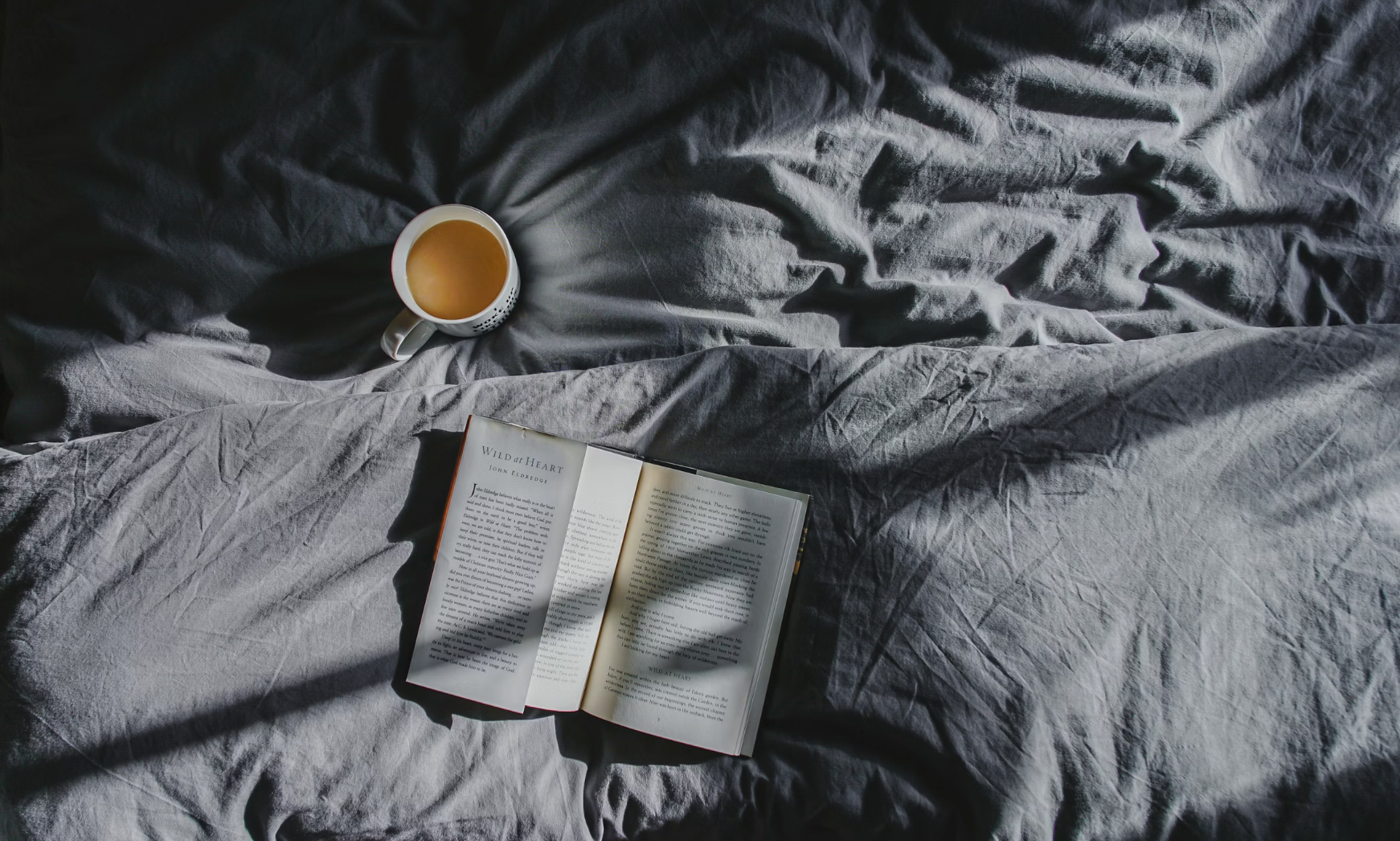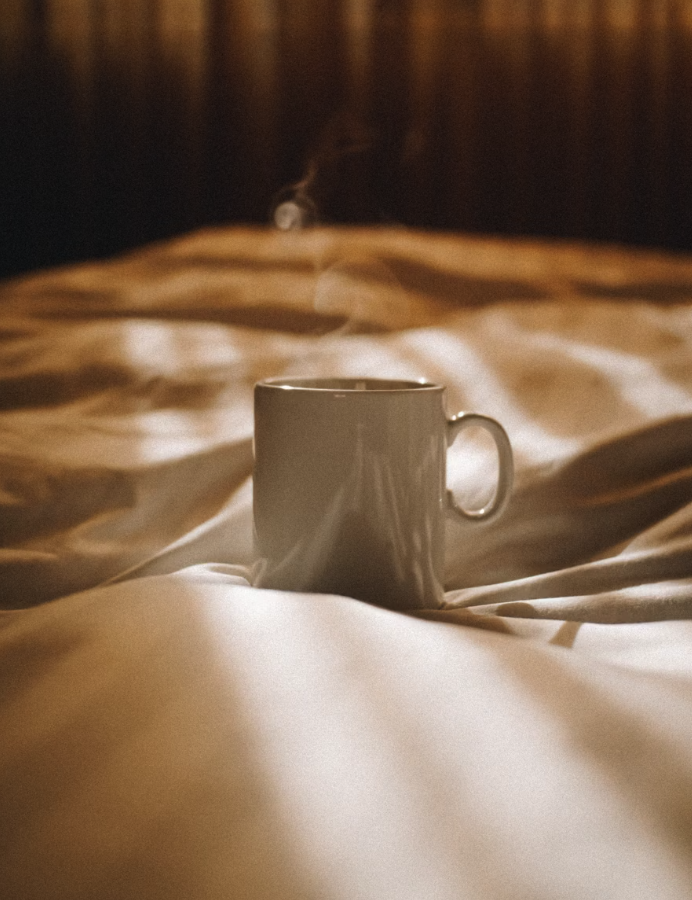Why Doesn’t Coffee Always Wake You Up?
You drink your usual cup (or three) and… nothing. You’re still tired, foggy, and wondering if someone swapped your beans for brown water. So, why doesn’t coffee always work the way we expect it to?
Caffeine vs. Adenosine: The Brain Battle
Caffeine works by blocking adenosine, a chemical that makes you feel sleepy. Normally, adenosine builds up in your brain throughout the day and helps trigger drowsiness. By binding to adenosine receptors, caffeine temporarily fends off sleepiness and creates that signature alert feeling.
The problem? If you’re already overloaded on adenosine or if your brain has made more adenosine receptors to compensate for chronic caffeine use then coffee’s effect is reduced. This is why even a strong brew can fall flat when you’re sleep-deprived or over-caffeinated.
Genetics Matter
Your ability to metabolize caffeine comes down to genetics. The CYP1A2 gene determines how quickly your liver breaks down caffeine. About half the population metabolizes caffeine slowly, which can result in weaker effects or a longer caffeine "hangover." Fast metabolizers feel the energy kick sooner and return to baseline faster. Your sensitivity and reaction to coffee are literally written in your DNA.
Tolerance Is Real
Daily coffee drinkers build up a tolerance over time. Your body adapts by creating more adenosine receptors, requiring more caffeine to get the same jolt. Eventually, your brain becomes less responsive, and caffeine acts more as a stabilizer than a stimulant. In this case, your morning cup may just be preventing withdrawal symptoms rather than giving you a true energy lift.
The Sleep Deficit Problem
If you're running on 3 hours of sleep, even a double espresso won’t perform miracles. Caffeine can only mask tiredness, but not reverse it. The sleep debt continues to grow, and your body demands rest no matter how much you caffeinate. In fact, overusing caffeine when you’re severely sleep-deprived may worsen focus, cause jitteriness, or lead to energy crashes.
Fix the Funk
If you’re not feeling your usual buzz, it may be time for a reset. Try cutting back on caffeine for a few days to lower your tolerance and restore sensitivity. You can also optimize your intake by drinking it later in the morning (after your natural cortisol peak) and after eating, which improves absorption and reduces blood sugar crashes.
Stay hydrated, get proper sleep, and be mindful of stacking caffeine (think: energy drinks or soda on top of coffee). For a quick energy boost that doesn’t depend solely on caffeine, pair your brew with movement—light exercise or a walk can enhance the effect.
Finally, choose quality over quantity. A well-roasted, balanced coffee like our Aloe Vera Awakening or bold Ghost Orchid Espresso provides better flavor and smoother energy.
Happy Brewing!
- Zoé & The Greenhaus Team


